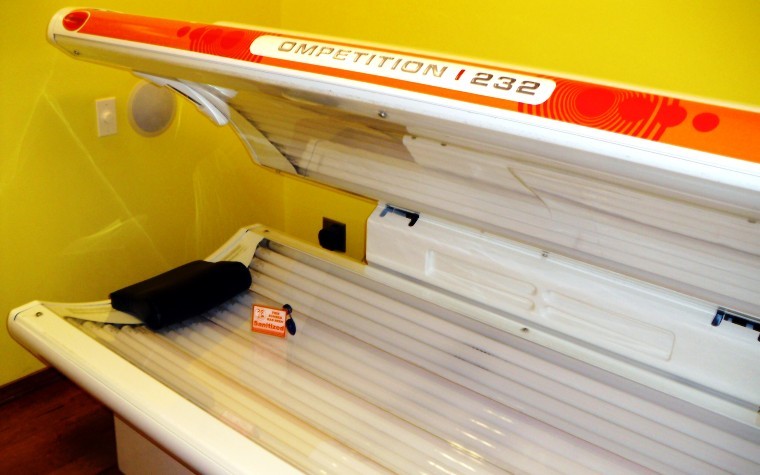
A team is researching the way skin microbes can affect the skin's health and contribute to problems like from acne and skin cancer, according to the American Cancer Society (ACS).
“The microbiome can interact with the immune system in a negative way,” Julia Oh, Jackson Laboratory for Genomic Medicine assistant professor, said in an ACS article. “This can cause different immune pathways to function improperly and result in disease.”
Oh and her team are focusing on the effect of skin microbiome on the development of squamous cell cancer. The primary cause of this and other skin cancers is exposure to UV rays from the sun or tanning beds, according to the article. Squamous cell cancers often develop in areas of skin infection or chronic inflammation.
The research team is in its first year of the four-year project. The team is working with furless mice to determine the effect of microbes on UV-induced skin cancers. The ACS is supporting the research with a $792,000 grant.
“We thought that the microbes on the skin might be interacting with the damage that’s caused by UV radiation and, in turn, increasing skin cancer risk,” Oh said. “We are using mice that don’t have fur, so it resembles human skin, and we are testing how different microbes might change cancer risk and progression.”
As the research continues, Oh and the team will look at ways the microbes could be manipulated to reduce the risk of developing skin cancer, including using microbes to activate an immune system response, which could eliminate existing tumors.